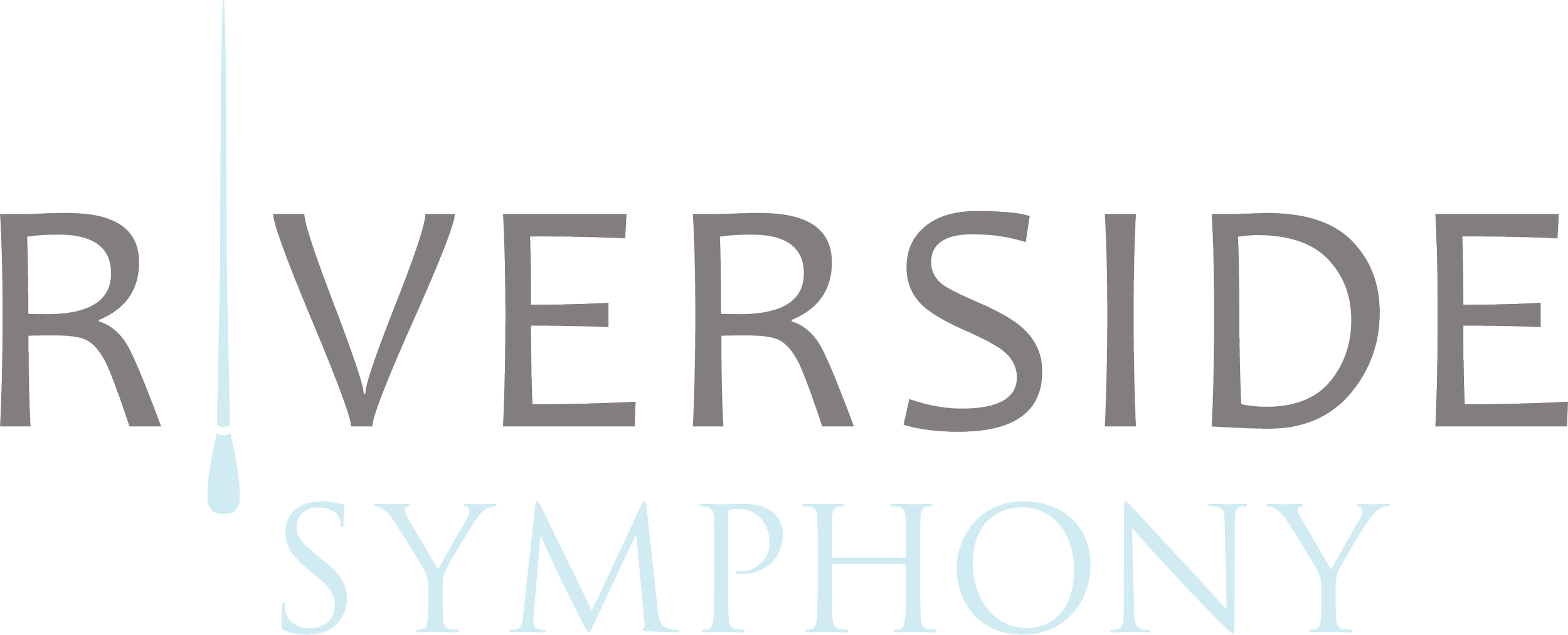Composer's Corner: Imbrie's Offeratory
In response to his highly personal setting of George Herbert’s metaphysical meditation on the act of worship featuring solo soprano, Imbrie continues his “implied dialogue” by returning to to the choral invocation of massed humanity with this actual prayer drawn from the traditional Requiem text. The composer himself once alluded to this brief movement’s ritualistic quality, which indeed might bring to mind a deliberate processional of candlelit choristers slowly making its way down the center aisle of an ancient cathedral. Each carefully allocated line of text, quietly alternating between male and female voices, amplifies the impression of formalized control, as do the tuned drums, melodic yet precise, filling the sonic space between each phrase.
At (1:40), a freer invocation, annunciated by the combined choir, gently beseeches eternal life for the dead. The interlude builds in intensity before quickly dissolving into a flute solo. A brief return to the opening musical texture (2:11) closes the movement.
“Hostias et preces tibi, Domine,
laudis offerimus:
tu suscipe pro animabus illis,
quarum hodie memoriam facimus:
fac eas, Domine, de morte transire ad vitam.
Quam olim Abrahæ promisisti, et semini eius.”
“We offer to Thee, O Lord,
sacrifices and prayers:
do Thou receive them in behalf of those souls
of whom we make memorial this day.
Grant them, O Lord, to pass from death to that life,
Which Thou didst promise of old to Abraham and to his seed.”

